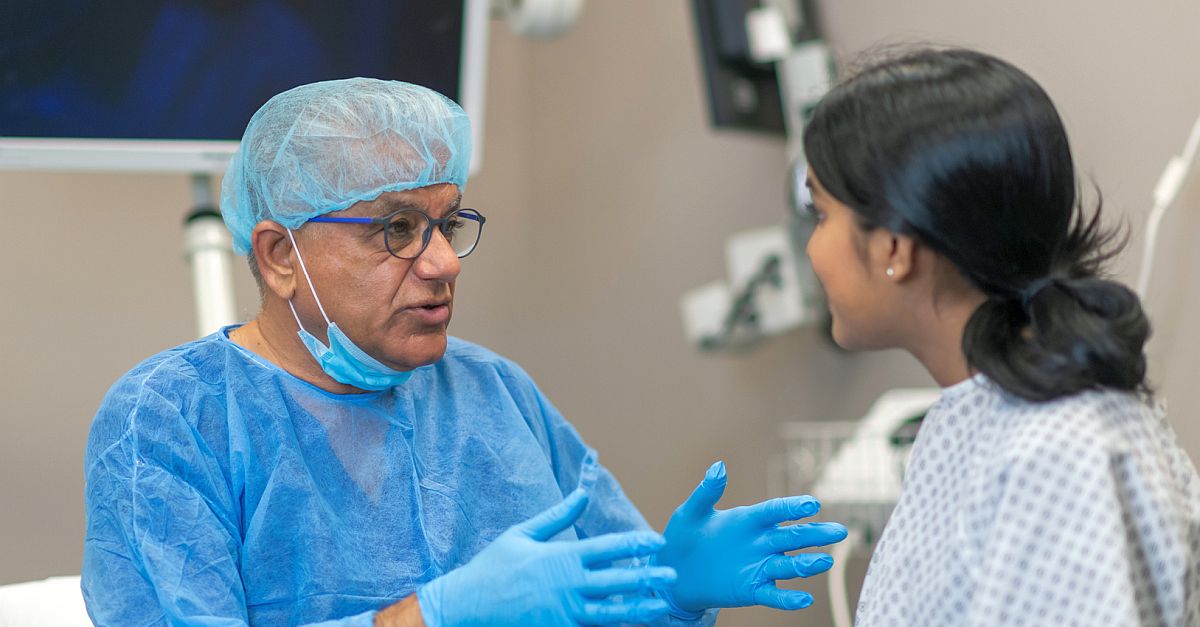Despite receiving referrals to medical oncology, some patients elect not to receive adjuvant chemotherapy following surgery for cancer removal. To find out why, Dr Bonnie Wong and colleagues conducted focus group research with patients who had stage 3 colorectal cancer. They were surprised to find that numerous patients chose not to receive chemotherapy because the surgeon told them they “got it all” after surgery.
Part of the challenge is that people tend to hear what they want to hear. When a patient is told “We got it all” following surgery, they may misunderstand that to mean all the cancer has been removed. However, this is typically not what the physician intends to convey. Following surgery, a pathologist still needs to examine the lymph nodes to confirm whether all the cancer was removed, and medical oncologists often recommend chemotherapy afterward. Even patients who have been educated that surgery is both diagnostic and therapeutic may still misunderstand this and believe that pathology and/or chemotherapy is not relevant in their case.
In addition to patients declining chemotherapy, another negative consequence of this phrase can be mistrust. Feeling they receive different messages from different clinicians can exacerbate mistrust among communities with historical mistrust of medical institutions. If it leads to refusal of chemotherapy, this perception of conflicting messages may do harm, especially for patients with cancer who would see a substantial survival benefit with chemotherapy administration.
High level
Academic institutions and health system leaders should discourage clinicians from using the phrase “We got it all” when discussing results from surgery for cancer removal, given the potential for harm. Educators should teach clinicians to carefully consider their choice of words when talking to patients about their results and prognosis. Incorporating communication skills into the curriculum can help change this dynamic for new medical and surgical oncologists.
Ground level
Patients often consider the goal of surgery to be therapeutic and may not be aware of the diagnostic element. When patients don’t consider surgery to be diagnostic, they are likely to misinterpret the phrase “We got it all” as “We got rid of the cancer.” While it may be a way to convey a technical success, surgeons should be aware that the patient may interpret this phrase differently. Patients may feel frustrated and confused when advised to undergo chemotherapy when they believe all the cancer has been removed. Miscommunication is not the sole reason patients may refuse chemotherapy, but given the potential for adverse effects, it is recommended that the phrase “We got it all” be used with caution, if at all.

